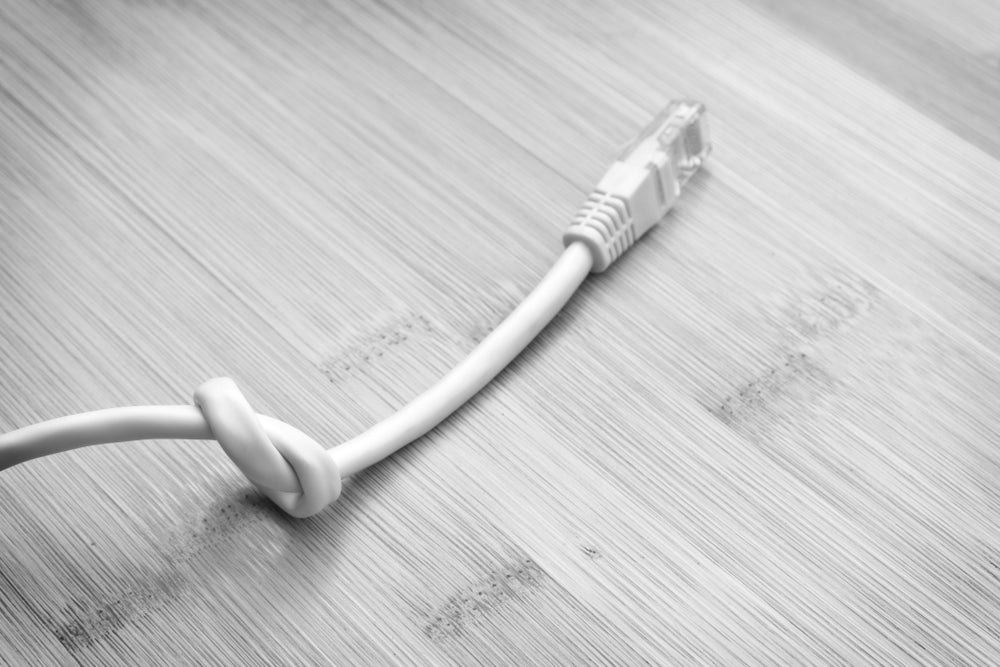The battle cry to “save the Internet” has emerged as activist groups protest the FCC’s “Order to Restore Internet Freedom,” which went into effect in June 2018, eliminating most net neutrality regulations. Individual states have enacted their own net neutrality rules and more than 20 states have joined a lawsuit against the FCC challenging the ruling.
At the Federal level, the US Department of Justice has initiated a lawsuit against California to declare the “California Internet Consumer Protection and Net Neutrality Act of 2018” that was signed into law by Governor Jerry Brown in September to be illegal, and Congressional Democrats are attempting to marshal forces to enact legislation to overturn the FCC’s rules.
In December, the US House of Representatives is expected to vote on a Congressional Review Act (CRA) to reverse the FCC’s “Order to Restore Internet Freedom” ruling.
The CRA process gives Congress a path to overturn recently passed agency regulations, and became a popular tool for Republicans to reverse rulings issued towards the end of the Obama Administration. The use of the CRA prevents the agency from implementing substantially similar rules in the future, i.e., under a future administration.
The long shot
In May 2018, Democrats in the U Senate managed to gain approval of a CRA to reverse the FCC’s December 2017 Order, with all 49 Democratic senators and three Republicans voting to approve the resolution.
While this development inspired hope in net neutrality activists and supporters, this success will likely be symbolic. In addition to Senate approval, the CRA must also gain a majority approval in the House of Representatives where Democrats face a substantially higher bar in gaining approval than they did in the Senate.
Currently around 180 Representatives are on board to support the proposed net neutrality CRA, leaving the group short of the 218 votes required for a majority approval. Even if the Democrats were able to pull off a Christmas Miracle and get 218 votes, the resolution requires approval from President Trump.
The idea that he would approve a resolution overturning the FCC’s decision and reinstating an Obama-era regulation is, in a word, unthinkable.
Does failure in December (finally) end the net neutrality debate?
No. This latest move is another battle in what promises to be a long, drawn out war.
The lawsuit filed by the state Attorneys General is scheduled to be heard in D.C. Circuit court in February 2019.
The Justice Department has opted to hold off proceeding in its suit against California pending the DC Circuit decision. Telecom groups are beginning to launch lawsuits against individual states, as is the case in Vermont where a coalition of telecom providers challenging Vermont’s net neutrality regulations. Republican Congressman Mike Coffman of Colorado, one of the few Republican House members that support the Net Neutrality CRA, introduced his “21st Century Internet Act” in July 2018, legislation that would create net neutrality rules around blocking and throttling traffic and preferential treatment.
Given that the House will have a Democratic majority once the newly elected Representatives take office in January 2019, Coffman’s legislation should pass, but with the Senate, White House and FCC in Republican hands no further action is likely to be taken on this legislation. There is plenty of life left in this debate, and it’s sure to be a bone of contention through the 2020 elections.








